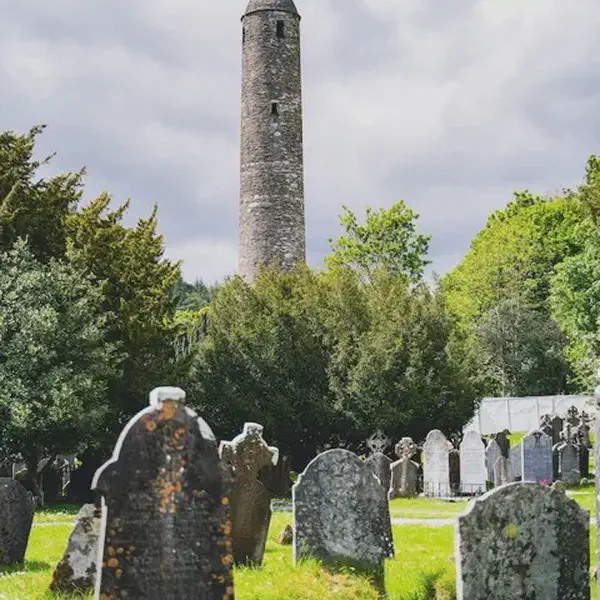
Parliament Held by King Robert II at Scone, Resolved That His Son, the Earl of Carrick Should Succeed His Father as King
April 04, 1373
Robert II (2 March 1316 – 19 April 1390) was King of Scots from 1371 to his death in 1390. The son of Walter Stewart, 6th High Steward of Scotland, and Marjorie, daughter of King Robert the Bruce, he was the first monarch of the House of Stewart.
Upon the death of his uncle David II, Robert succeeded to the throne.
In 1373, Robert ensured the future security of the Stewart dynasty by having Parliament pass entailments regarding the succession. At this time, none of his sons had heirs so it became necessary for a system to be devised to define precisely the circumstances in which each of his sons could inherit the crown—none of this would take precedence over normal succession by primogeniture.
By 1375, the king had commissioned John Barbour to write the poem, The Brus, a history intended to bolster the public image of the Stewarts as the genuine heirs of Robert I. It described the patriotic acts of both Sir James, the Black Douglas and Walter the Steward, the king’s father, in their support of Bruce. Robert’s rule during the 1370s saw the country’s finances stabilised and greatly improved due in part to the flourishing wool trade, reduced calls on the public purse and the halting of his predecessor’s ransom money on the death of Edward III of England.
Robert—unlike David II whose kingship was predominantly Lothian and therefore lowland based—did not restrict his attention to one sector of his kingdom but frequently visited the more remote areas of the north and west among his Gaelic lords.[